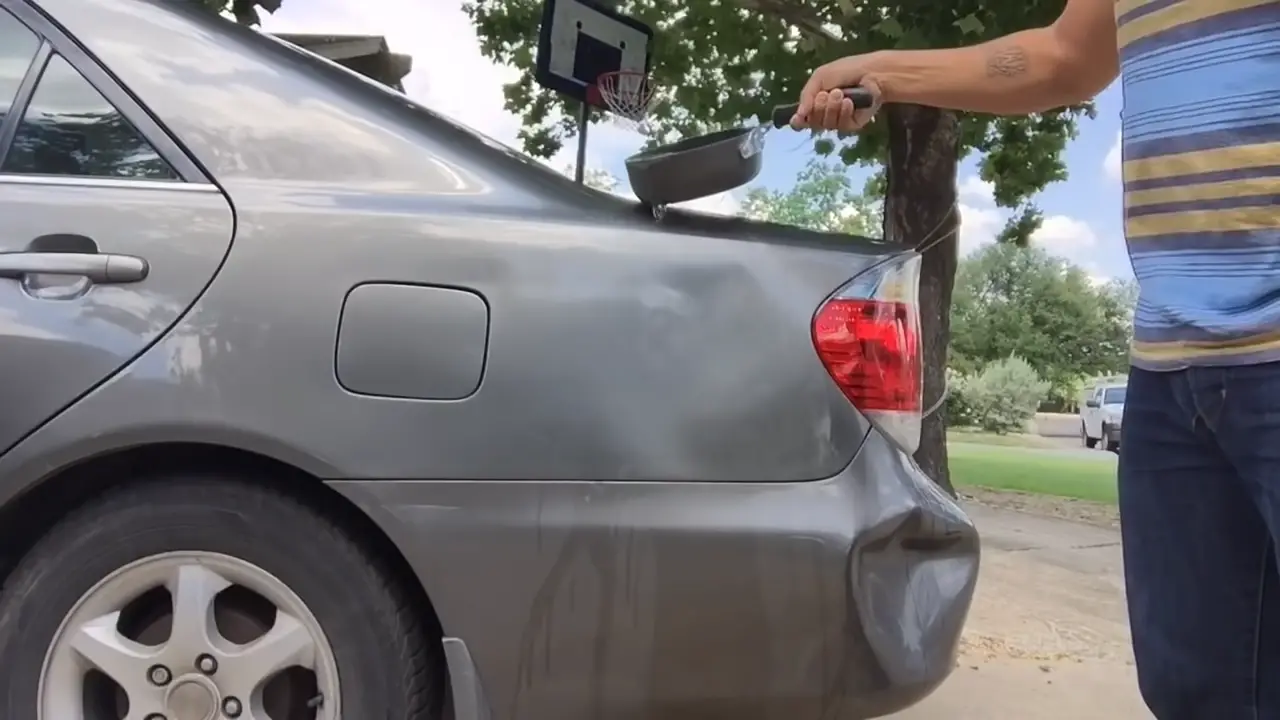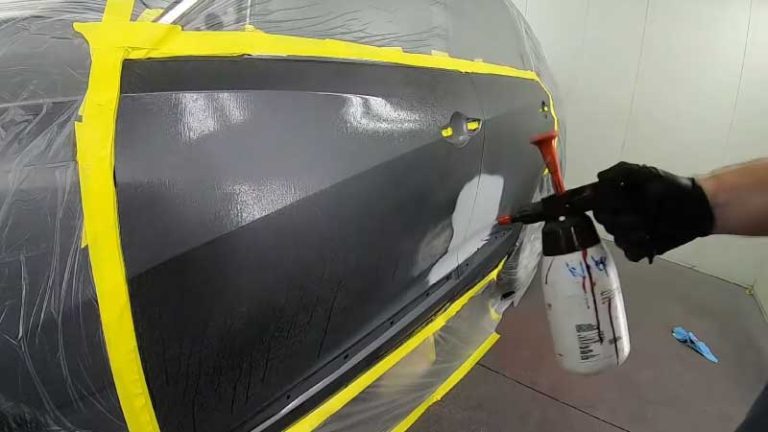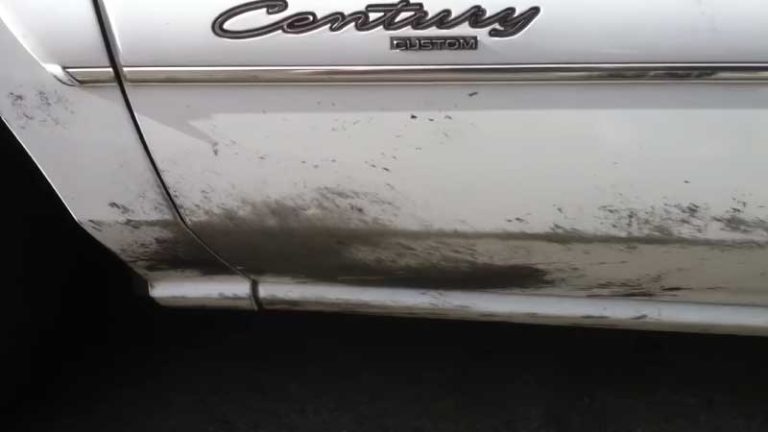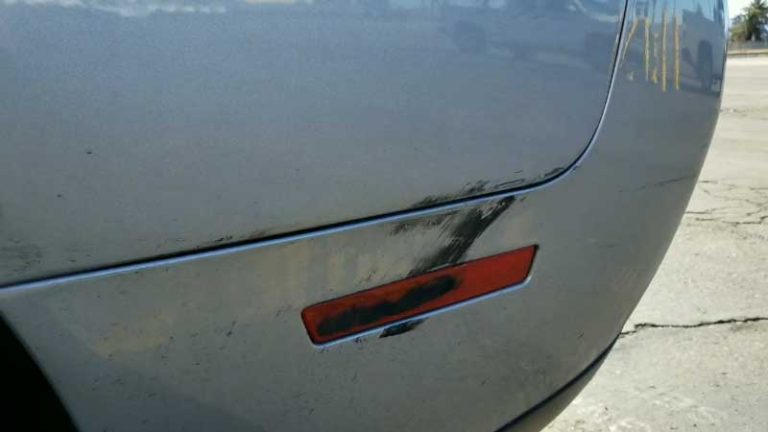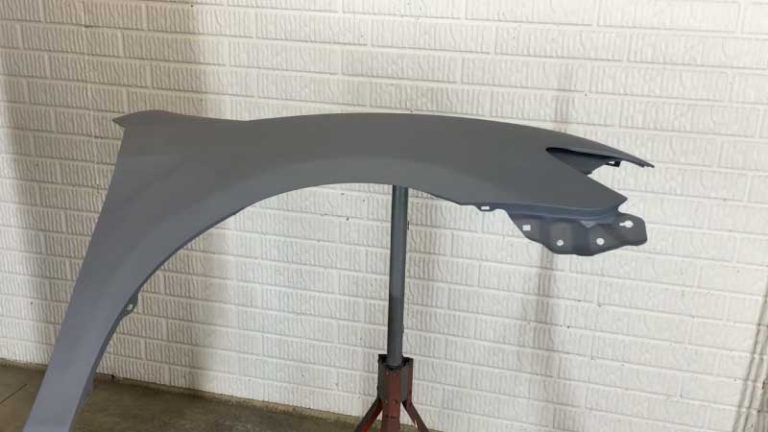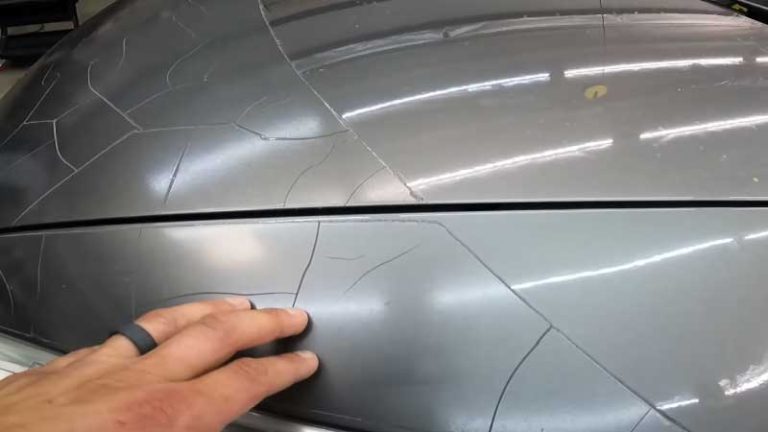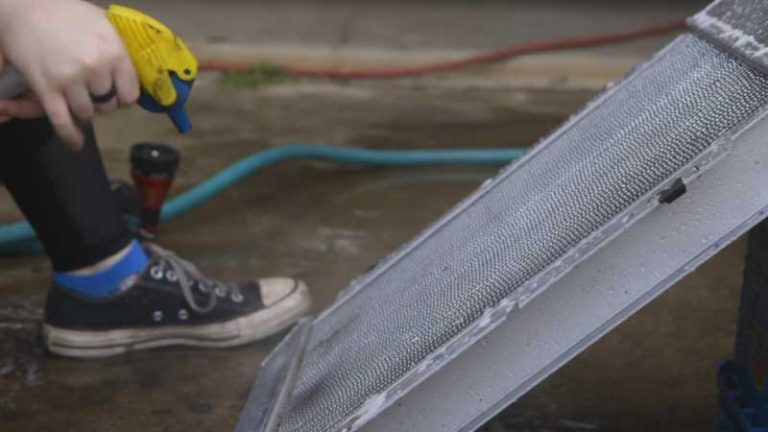Will Boiling Water Damage Car Paint
Boiling water can damage car paint due to the temperature shock caused by the rapid change in temperature, leading to potential paint bubbling, peeling, or cracking. The high temperature can soften the paint and weaken its bond with the car’s surface.
This can result in unsightly and costly damage that may require repainting or touch-up work to restore the car’s appearance. It is important to use caution when using boiling water near a vehicle and to avoid pouring it directly onto the paint.
Taking preventive measures such as using warm water instead or seeking professional car washing services can help protect the car’s paint job and extend its lifespan.
Understanding The Effects Of Boiling Water On Car Paint
Boiling water’s impact on a car’s paint job depends on several factors. The first is the quality of the paint itself; some paints withstand heat better than others. Another factor is the temperature of the water itself. Extremely hot water can potentially cause damage, especially if the car’s surface is already hot or in direct sunlight.
Additionally, the length of time the water is in contact with the paint can also be a determining factor. If the water is allowed to sit or dry on the surface, it can potentially cause fading or even blistering. It’s important to note that using boiling water to thaw out a frozen car can be risky and should be avoided if possible.
In conclusion, while boiling water may not always directly damage car paint, it’s best to exercise caution and avoid unnecessary risks.
Read also Will Mineral Spirits Damage Car Paint
Signs Of Paint Damage Caused By Boiling Water
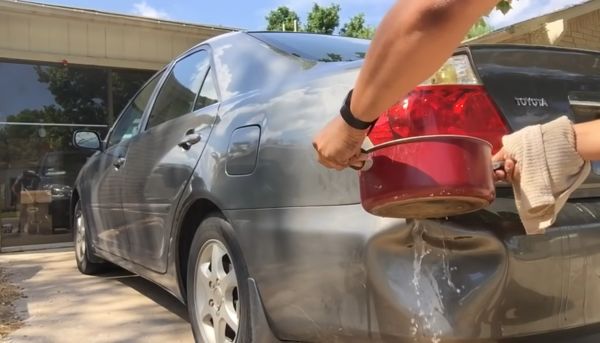
Boiling water can indeed damage car paint, and there are certain signs you can look out for. One of the common indicators of paint degradation is the appearance of bubbles or blisters on the surface. These bubbles are caused by the heat of the boiling water causing the paint to expand and then contract.
Another sign is discoloration or fading of the paint, particularly in areas where the water was splashed. Additionally, you may notice peeling or flaking of the paint in extreme cases. To identify boiling water damage on car paint, carefully inspect the affected areas for these signs.
If you notice any of these indicators, it is important to address the damage promptly to prevent further deterioration. Regular washing and waxing can also help protect the car paint from damage caused by boiling water.
Preventing Boiling Water Damage To Car Paint
Exposing your car paint to boiling water can cause severe damage. To prevent this, it is essential to take protective measures. One effective strategy is to use a car cover or park your vehicle in a shaded area, shielding it from direct sunlight.
Additionally, applying a high-quality wax or ceramic coating can act as a protective barrier against extreme temperatures. Regular washing and detailing also play a vital role in maintaining your car’s paint job. It is important to keep an eye out for any paint chips or scratches and promptly address them to prevent water from seeping through and causing further damage.
Lastly, avoiding parking near areas where boiling water is likely, such as hot springs or geysers, can significantly minimize the risk. By following these guidelines, you can shield your car paint from boiling water and maintain its pristine appearance.
Frequently Asked Questions On Will Boiling Water Damage Car Paint
Will Boiling Water Damage Car Paint?
Boiling water can potentially damage car paint, as it can cause the paint to blister, peel, or fade over time.
How Does Boiling Water Affect Car Paint?
Boiling water can cause changes in the chemical composition of car paint, leading to damage such as discoloration or paint degradation.
Can I Use Boiling Water To Remove Bird Droppings On Car Paint?
While boiling water can help loosen bird droppings, it is not recommended as it may also damage the car paint in the process.
Conclusion
Boiling water can potentially damage car paint due to its high temperature and the chemicals it contains. The extreme heat can soften the paint and make it more susceptible to chipping and peeling. Additionally, the minerals and impurities present in the water can leave behind stubborn stains and remnants on the surface.
To protect your car’s paint job, it is advisable to use lukewarm water and a gentle car wash soap instead. Regular maintenance, including proper cleaning and waxing, can also help to preserve the paint and keep your car looking its best.
Remember to always use caution when handling hot water near your vehicle, as prevention is always better than having to deal with costly repairs.

